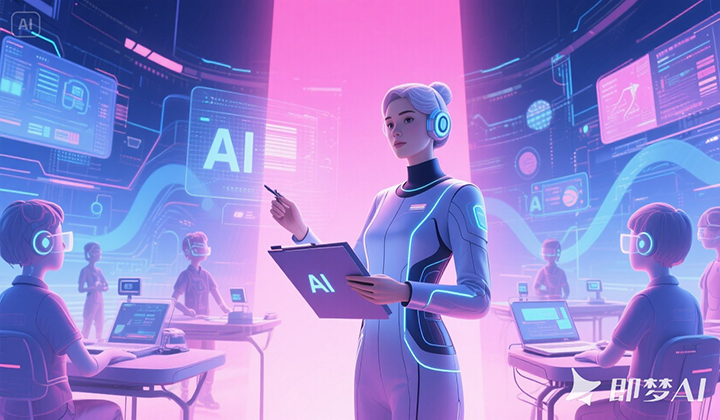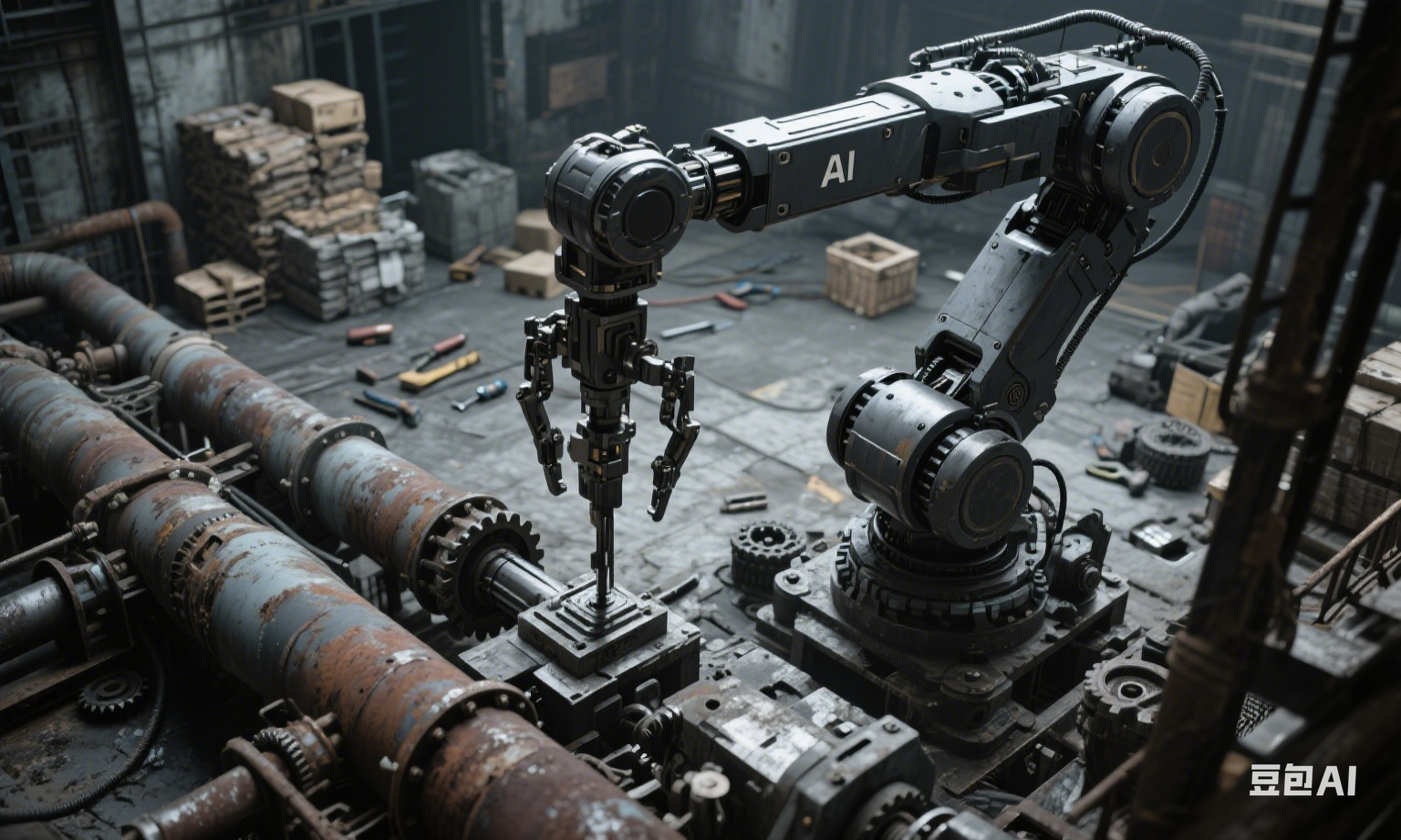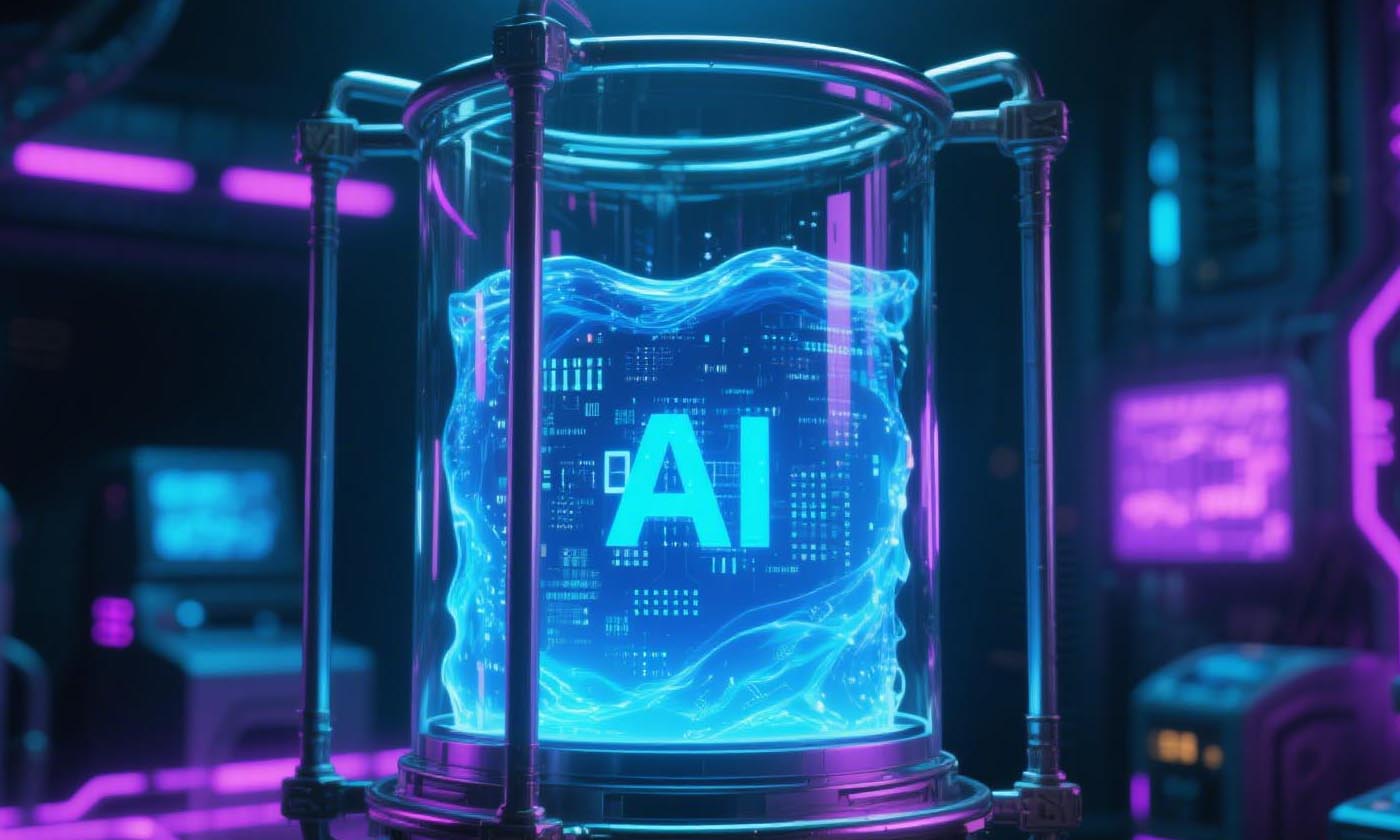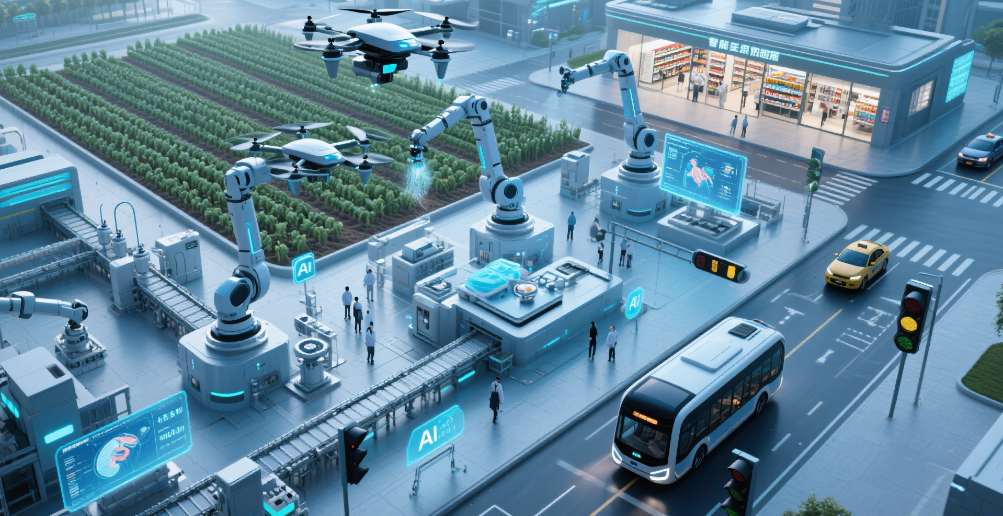AI Agents: Evolving Hardware from "Functional Machines" to "Scenario Companions"
王哪跑 2025-06-05
Smart building blocks in kindergartens explain geometric concepts based on children’s construction progress, while smart bracelets in nursing homes predict health risks through heart rate changes—the core of these transformations is the scenario understanding capabilities endowed by AI agents.
Smart building blocks in kindergartens explain geometric concepts based on children’s construction progress, while smart bracelets in nursing homes predict health risks through heart rate changes—the core of these transformations is the scenario understanding capabilities endowed by AI agents. Aoyun Cloud Innovation’s Ptalk AI transforms traditional hardware into scenario-aware, needs-understanding intelligent companions through miniature modules, dynamic algorithms, and open platforms, reshaping hardware value in education, senior care, and industrial sectors.
1. Millimeter-Scale AI Agents: Overcoming Hardware Intelligence Challenges
Ptalk AI breaks through traditional limitations with three key innovations:
2. Scenario Reconstruction: The Evolution of Hardware into "Scenario Services"
AI agents drive hardware evolution from functional execution to proactive service across industries:
3. Ecosystem Empowerment: From Isolated Devices to Intelligent Networks
Ptalk AI builds an open ecosystem to lower intelligence thresholds:
Conclusion: Redefining Hardware’s "Scenario Value"
Ptalk AI’s practice shows that the core of hardware intelligence lies in reconstructing scenario value. When devices understand scenarios, anticipate needs, and collaborate, they evolve from functional machines to scenario companions. As the vision of "devices as scenario companions" becomes reality, human-technology relations shift from "humans adapting to devices" to "devices proactively serving humans"—the ultimate direction of smart hardware.
1. Millimeter-Scale AI Agents: Overcoming Hardware Intelligence Challenges
Ptalk AI breaks through traditional limitations with three key innovations:
- Ultra-Compact Interaction Module: The 25mm×45mm fifth-generation module integrates noise-canceling technology, maintaining 92% wake-up accuracy in 85dB noise with 1-second response. Supporting 300+ offline commands, it enables educational hardware to generate knowledge points and senior care devices to handle emergency calls without the cloud, eliminating network dependency.
- Rapid Scenario Adaptation: Large model-based knowledge bases complete cross-industry migration in 72 hours, auto-loading educational subject maps, senior care management guidelines, etc. Multi-language/dialect support and voiceprint analysis enhance interaction naturalness.
- Plug-and-Play Upgrades: Compatible with 99% of traditional device interfaces, enterprises can upgrade ordinary walkie-talkies into smart terminals within 4 weeks, reducing R&D costs by 55%. An early education machine brand saw monthly usage grow from 45 minutes to 3.2 hours after adoption.
2. Scenario Reconstruction: The Evolution of Hardware into "Scenario Services"
AI agents drive hardware evolution from functional execution to proactive service across industries:
- Education: Smart error-correction books analyze uploaded math mistakes via voice, pinpointing knowledge gaps and generating customized exercises, improving learning efficiency by 35%. Fatigue detection via pressure sensors auto-switches learning modes, reducing eye strain by 25%.
- Senior Care: Smart canes identify slippery surfaces 1.2 seconds in advance, reducing falls by 65%. Emotion analysis in elderly conversations triggers nostalgic music and family call reminders, increasing daily interactions for empty-nesters from 3 to 9 times.
- Industry: Industrial terminals detect machine faults within 8 minutes using real-time data, providing voice-guided repairs from an 800+ video library, boosting novice maintenance efficiency by 50%.
3. Ecosystem Empowerment: From Isolated Devices to Intelligent Networks
Ptalk AI builds an open ecosystem to lower intelligence thresholds:
- Zero-Code Development Platform: Visual tools create custom agents (e.g., kindergarten teaching assistants, gym personal trainers) in 3 hours, cutting development costs by 80% with 3,000+ monthly new applications.
- Multi-Device Collaboration: In smart scenic areas, synchronized data between guides, vehicles, and AR glasses extends stay time and displays details for frequently visited relics, increasing satisfaction by 50%. In enterprises, smart badges automate report preparation workflows, saving 20 minutes per task.
- Security & Trust Framework: Federated learning ensures 100% local data processing, with zero upload in healthcare. Educational knowledge accuracy reaches 99.2%, and industrial fault diagnosis accuracy is 98.5%, ensuring reliable commercial use.
Conclusion: Redefining Hardware’s "Scenario Value"
Ptalk AI’s practice shows that the core of hardware intelligence lies in reconstructing scenario value. When devices understand scenarios, anticipate needs, and collaborate, they evolve from functional machines to scenario companions. As the vision of "devices as scenario companions" becomes reality, human-technology relations shift from "humans adapting to devices" to "devices proactively serving humans"—the ultimate direction of smart hardware.












